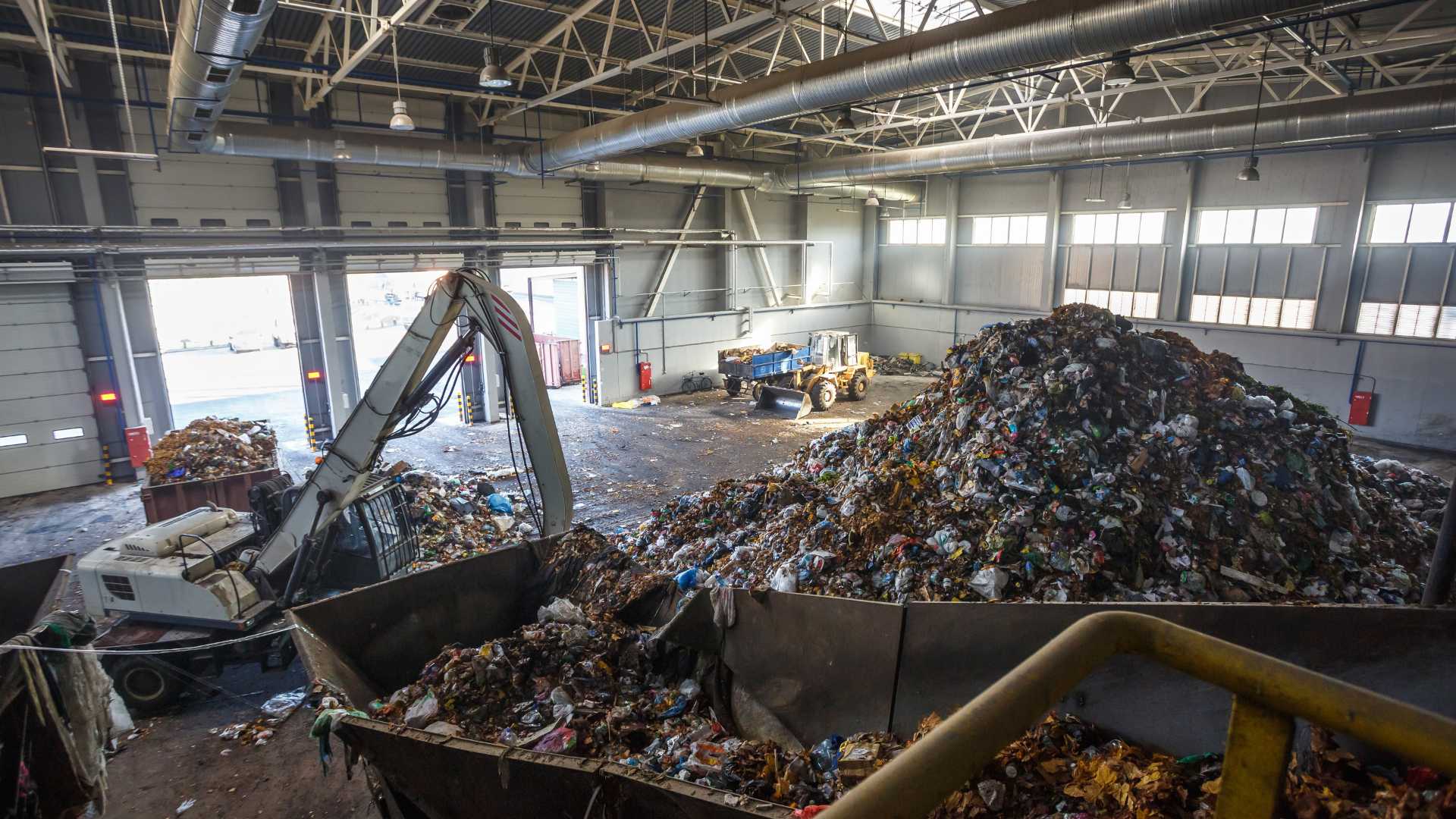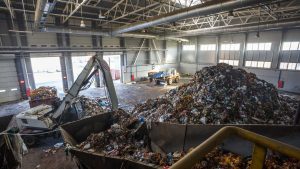![]()
Navigating the DGFT Landscape: Prospects and Hurdles in Future E-Waste Export
In the rapidly advancing landscape of technology, electronic waste, or e-waste, has become a pressing global concern. The Directorate General of Foreign Trade (DGFT) plays a crucial role in regulating the export of e-waste, balancing economic opportunities with environmental sustainability. This blog post will explore the future of e-waste export under DGFT, including challenges and opportunities.
1. Challenges: Future of E-Waste Export under DGFT
Environmental Impact:
E-waste contains hazardous materials like lead, mercury, and cadmium, posing significant environmental risks. Exporting e-waste can result in improper disposal methods in destination countries, leading to soil and water pollution.
Regulatory Compliance:
Stringent international regulations, such as the Basel Convention, aim to control transboundary movements of hazardous waste, including e-waste. Guaranteeing compliance with these regulations is a major challenge for exporters, requiring a thorough understanding of evolving global standards.
Data Security Concerns:
Many electronic devices store sensitive information. Improper disposal or recycling of these devices can lead to data breaches, compromising the privacy and security of individuals. Striking a balance between efficient disposal and data security poses a considerable challenge.
Technological Obsolescence:
The rapid pace of technological advancements results in a shortened lifespan for electronic devices. As a consequence, a significant volume of e-waste is generated, challenging exporters to keep up with the ever-growing quantities and find sustainable disposal methods.
Public Awareness:
Lack of awareness among the general public about the impact of improper e-waste disposal can hinder efforts to establish responsible e-waste management practices. Education and awareness campaigns are crucial in fostering a sense of responsibility among consumers.
2. Opportunities: Navigating the DGFT Landscape Prospects and Hurdles in Future E-Waste Export
Circular Economy Initiatives:
The concept of a circular economy emphasises the recycling and reuse of materials, reducing the need for constant extraction of raw resources. E-waste export can be an opportunity to establish circular economy practices, encouraging the recovery of valuable materials from discarded electronics.
Job Creation:
The e-waste management industry has the potential to create jobs in recycling, refurbishing, and related sectors. By investing in technology and infrastructure for responsible e-waste processing, countries can stimulate economic growth while addressing environmental concerns.
Innovation in Recycling Technologies:
The export of e-waste can drive the development of innovative recycling technologies. Researchers and businesses may find new ways to extract valuable materials from electronic devices, reducing the environmental impact and creating a more sustainable approach to e-waste management.
Global Collaboration:
International cooperation is crucial in addressing the challenges of e-waste export. Collaborative efforts can result in the development of standardised procedures for e-waste management, ensuring that the disposal of electronic devices is carried out responsibly across borders.
Corporate Social Responsibility (CSR):
Firms engaged in the sale and production of electronic devices can use e-waste export as an opportunity to demonstrate their commitment to CSR. By ensuring responsible disposal of their products, companies can enhance their brand image and contribute to global environmental sustainability goals.
Conclusion
In conclusion, the future of e-waste export under DGFT is at a crossroads, presenting both challenges and opportunities. Striking a balance between environmental responsibility and economic interests is paramount. By solving these challenges and capitalising on the opportunities, countries can create a sustainable framework for e-waste export, contributing to a cleaner and more resilient global environment. Joining a trustworthy partner like EcoserveIndia can help you ease the process of e-waste export from India.





